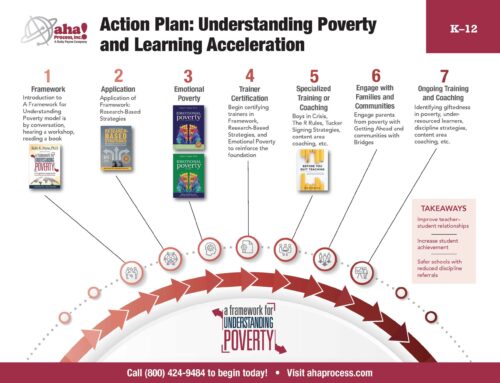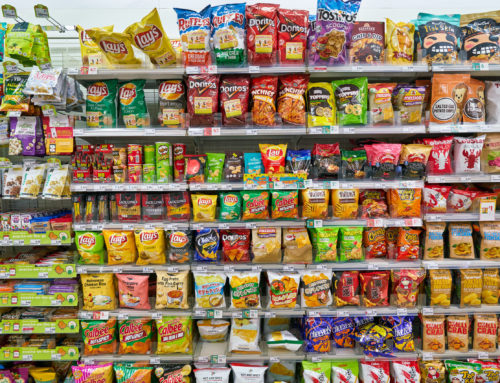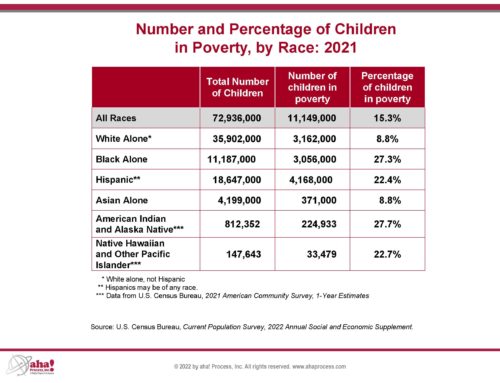 I am writing from Spain, where I am visiting my son, son-in-law, sister, and my two stepdaughters. My husband, Tee, was not able to come with us.
I am writing from Spain, where I am visiting my son, son-in-law, sister, and my two stepdaughters. My husband, Tee, was not able to come with us.
In Spain, breakfast is from 7 a.m. until 9 a.m., lunch is from 1:30 p.m. until 3:30 p.m., and dinner is from 8:30 p.m. until 11:30 p.m.
In the USA, I eat breakfast at 6 a.m., lunch at 11:30 a.m., and dinner between 6:30 and 7 p.m.
By 11:30 a.m., I am hungry, and there is little food except for carbs. Fast food is just not all that available. So I will eat whatever I can find—anything will do. And because I am hypoglycemic, I am supposed to be careful with carbs and sugars—doesn’t matter! So then I start carrying food, and food that you can carry is often high in carbs and fats.
That is what happens to you (and to everyone) when you are hungry. You will eat whatever is available, whether it is good for you or bad for you. And you will store and stash food—just in case. You start being preoccupied with food, wondering about the next meal and worried that you will be hungry again.
According to Feeding America, many adults and even more children suffer from food insecurity: “The USDA estimates that 42 million people, including 13 million children, in the United States were food insecure in 2015. That means 1 in 8 individuals (13.4%) and 1 in 6 children (17.9%) lived in households without consistent access to adequate food.”
The same report goes on to discuss disparities in the amount of money spent on food: “Food-secure individuals reported spending an average of $61.74 per week on food in 2015. This amounts to an average cost per meal of $2.94…In 2015, the average amount of money that food insecure individuals report needing per week is $17.38.”
In other words, in food-secure households, the per-person cost for food for a week was $61.74. In food-insecure households, the average was $17.38, for an average cost per meal of about $0.83 (using three meals a day for seven days a week).
In summary, what does being hungry do to a person?
- Constant thinking about food.
- Eat when you can and as often as you can.
- Eat whatever is available to eat. Choosing what you eat is a luxury when there is not enough food.
- A diet heavy in carbs and fats.
- Tend to eat food that is quick to eat—because you are hungry.
- You hide and store extra food.
- Candy is an absolute luxury.
- Fruits and vegetables are not in your diet very much. Many vegetables require preparation time. Fruits and vegetables are more expensive.
- Sharing food becomes important for survival.
- Being hungry reduces learning.
If you get really hungry, going days without food, hunger robs you of kindness, thoughtfulness, clear thought, morality, and values.
At the very basis of life is food. It is essential to life.








